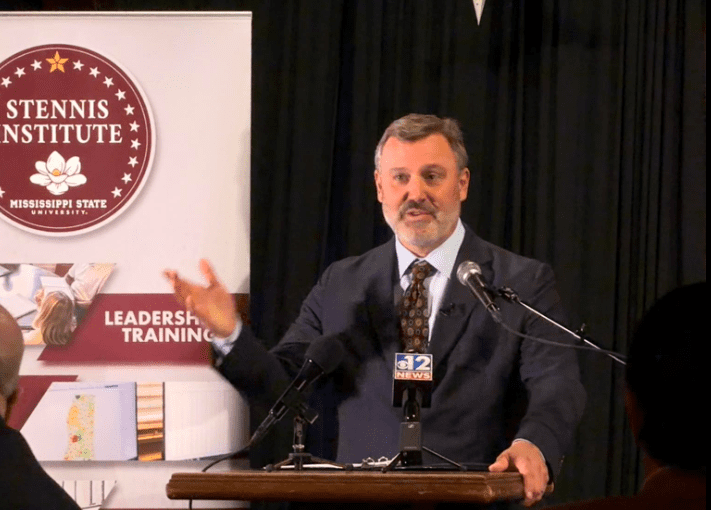
- A similar bill has been authored in the Senate but would not specifically target high demand jobs.
The House of Representatives passed a bill Monday afternoon that could create a path for Mississippi residents to receive a tuition-free community college education, if they are interested in seeking a career in a high demand skilled trade.
The focus of the program is on recipients of Career and Technical Education who want to earn an associate’s degree in order to apply for a higher wage, high demand job.
State Representative Donnie Bell (R), author of HB 1556, presented the legislation titled the “Mississippi Connecting Career and Technical Education Employability (MissCATEE) Program.” He told House members that the certification or training sought must align with a job that is in high demand and is experiencing workforce shortages in the state.
Additionally, the state would only cover the costs that remains for the student to attend community college once all scholarships and federal student aid has been applied.
An amendment approved on the House floor added that the student has to attend community college as a full-time student and enroll in the qualifying program within 12 months of completing high school.
A requirement to work within the state upon completion of the certification in the applicable field was also included. That timeframe will be “prescribed by policies promulgated by the Office of Workforce Development for each identified sector strategy or priority occupation,” the bill states.
Since workforce needs vary by region of the state, the program would apply only to those jobs in highest need within each area of the state.
“There is a tremendous shortage of workers in certain fields within the state of Mississippi. And this is to incentivize those students and the community colleges to fill those positions,” Bell clarified.
The estimated required appropriation for this program would be roughly $3 million, according to estimates provided to Bell by the Legislative Budget Office. The actual cost for each student will be determined by the community college. The Office of Workforce Development would track the program results as well as the associated costs.
“There are so many jobs out there that are in such high demand, and students are just not enrolled within those programs. We are hoping this will facilitate that,” Bell added.
He said the Senate has its own version of the bill with a similar intent, noting that he expects the two bodies to conference on those bills as the legislative process continues. That Senate bill, SB 2527, authored by State Senator Nicole Boyd (R), does not restrict the program to certain degree or certification paths.
Lt. Governor Delbert Hosemann (R) has pushed for free community college for Mississippi residents in previous legislative sessions, with the state providing the “last dollar” after all applicable scholarships and student aid was applied. The end result would be state-funded community college free to students.
“I want no barriers from when you start at K, or Pre-K, all the way to a community college, you don’t have to pay for that. We want our kids to be educated,” Hosemann said previously.











